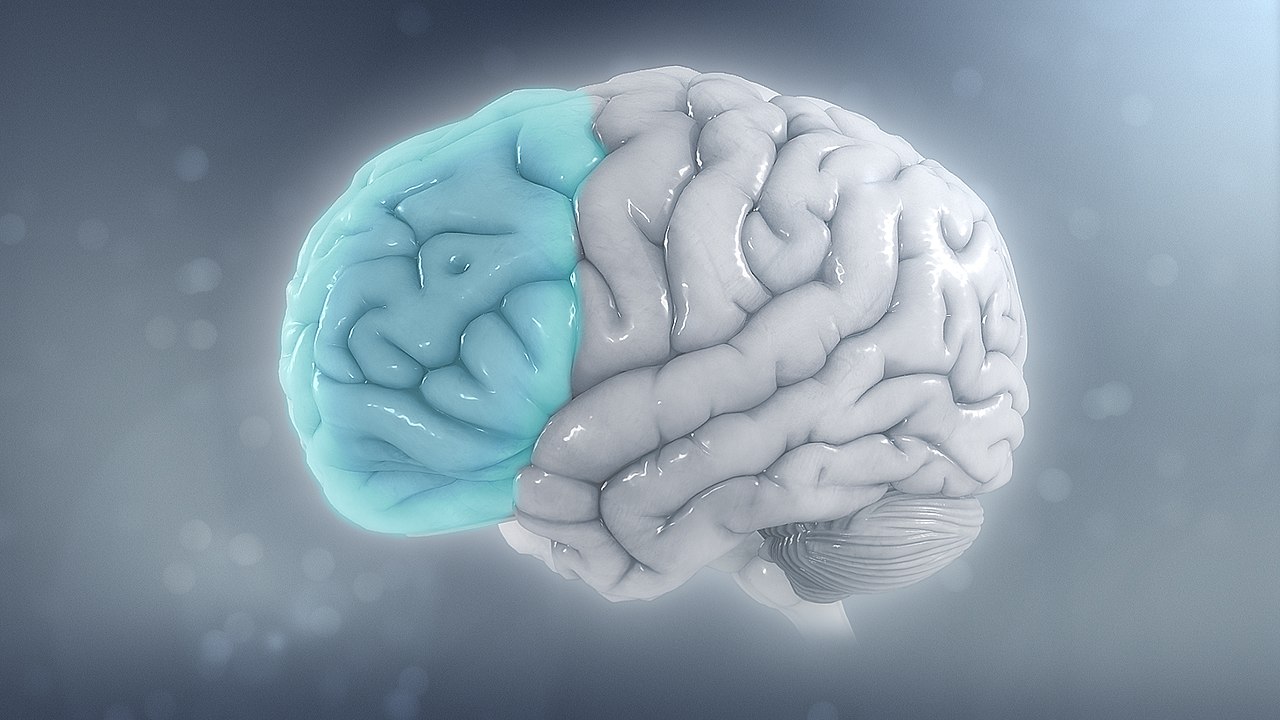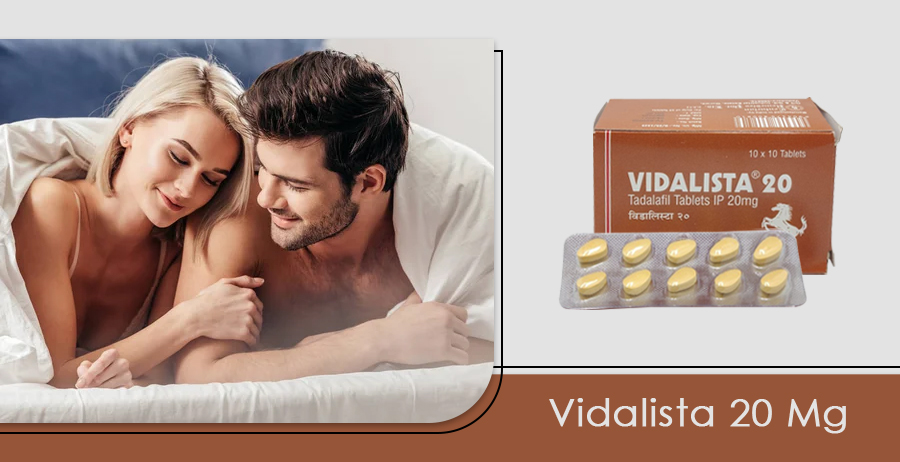The Beginning
Anxiety is a normal reaction to worry or what you think are threats. It sets off your body’s “fight or flight” response to get ready for possible danger. This article goes into the physiology of anxiety. It looks at the fight or flight response and how it works, as well as typical symptoms of anxiety, the role of the sympathetic nervous system, and ways to manage anxiety by changing the way the body works.
1. Know what the “fight or flight” response is
The fight or flight reaction is a survival mechanism that evolved to keep living things safe from things they think are dangerous. When the body senses a threat or source of worry, it releases stress hormones like adrenaline and cortisol. These hormones set off a chain of changes in the body that get it ready to act. These changes include a faster heart rate, deeper breathing, greater awareness, and tighter muscles, which help people act quickly when they sense danger.
2. Signs and symptoms of anxiety
Anxiety shows up in a number of different ways that show that the fight or flight reaction is active. Some of the most common signs are fear or apprehension, restlessness, irritability, muscle tension, and trouble focusing. When someone is anxious, their body reacts with signs like a faster heartbeat, shallow breathing, sweating, and stomach problems. These symptoms can be mild to severe, and they may change from person to person and based on how dangerous they think they are.
3. What the sympathetic nervous system does
A big part of the fight or flight reaction is controlled by the sympathetic nervous system. Neurotransmitters like norepinephrine and adrenaline are released by the sympathetic nervous system when it is activated. This tells the body to get ready to move. These neurotransmitters tell the adrenal glands to release stress hormones into the bloodstream. This causes changes in the body, like the heart rate going up, pupils getting bigger, and blood flowing to important organs instead of other parts of the body.
4. How anxiety affects the body
Anxiety has big effects on many parts of the body, like the circulatory, respiratory, and musculoskeletal systems. Long-term activation of the fight or flight reaction can cause chronic stress, which can lead to heart problems like high blood pressure, heart palpitations, and a higher risk of heart disease. During anxious states, breathing problems like shortness of breath, hyperventilation, and chest tightness are typical. These symptoms are caused by increased arousal and sympathetic activation.
5. Ways to deal with anxiety by understanding how the body works
Controlling the body’s reactions to stress and encouraging ease and calmness are important parts of managing anxiety. Deep breathing, progressive muscle relaxation, and mindfulness meditation are all techniques that can help counteract the affects of anxiety on the body by triggering the relaxation response. Maintaining a healthy diet, doing regular physical activity, and making sleep a priority are also important for dealing with anxiety and improving general health.
6. Medications used to treat anxiety
In some cases, people with severe or long-lasting anxiety feelings may need to use drugs to help them. Medications like selective serotonin reuptake inhibitors (SSRIs), benzodiazepines, and beta-blockers are often given to people with anxiety to help them feel better and keep their bodies from becoming too alert. These drugs work by changing the way neurotransmitters work in the brain, which in turn lowers the physical effects of worry.
7. In the end
The physiology of worry is complicated and multifaceted, with the brain, nervous system, and endocrine system all interacting in very complex ways. The fight or flight reaction is a natural and useful way for the body to get ready for challenges and threats. But activating this reaction too much or too often can cause anxiety disorders and physical imbalances. People can successfully control their anxiety symptoms and improve their overall health by learning about how anxiety affects the body and using techniques to control physiological arousal. People can get control of their anxiety and live full, balanced lives by using a mix of pharmacological treatments, changes to their lifestyles, and physiological measures.




